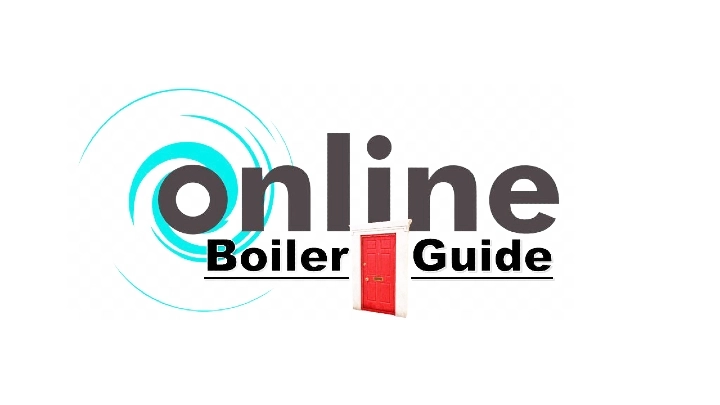

A Report on the Disadvantages and Advantages of the Combi Boiler.
Introduction
A combi boiler, or combination boiler, is a type of central heating system that provides both hot water and space heating from a single unit.
It does not require a separate water tank or cylinder, as it heats water directly from the mains when needed.
Combi boilers are popular in the UK, as they account for over 70% of new boiler installations.
However, combi boilers are not suitable for every home or situation.
They have their own pros and cons that need to be considered before choosing one.
This report will examine the disadvantages and advantages of the combi boiler, based on various sources of information.

Disadvantages of the Combi Boiler Some of the main disadvantages of the combi boiler are:
*Dependence on mains pressure*
Combi boilers rely on the water pressure from the mains to deliver hot water to the taps and showers.
If the mains pressure is low or fluctuates, the hot water flow will be affected.
This can be a problem if multiple appliances or outlets are using hot water at the same time, or if there is high demand in the area.
*Less cost-effective for larger homes*
Combi boilers are more efficient and cheaper to run than conventional boilers, as they only heat water when needed and do not waste energy by storing hot water in a tank. However, this also means that they have a limited capacity to supply hot water to multiple bathrooms or large households.
A system boiler with a tank or cylinder may be more suitable for homes with higher hot water demand.

*No backup immersion heater*
Combi boilers do not have a backup immersion heater that can be used to heat water in case of a boiler breakdown or power cut.
This means that there will be no hot water available until the boiler is repaired or the power is restored.
A system boiler with a tank or cylinder can provide some hot water even if the boiler is not working.
*More complex and expensive to repair*
Combi boilers have more complex chips and electronic devices than traditional boilers, which makes them more prone to faults and malfunctions.
If something goes wrong, the repair bill may be higher than for other types of boilers.
Combi boilers also take more time to fix, as they require more specialised skills and tools.
*More efficient*
Combi boilers are highly efficient, as they have an efficiency rating of 90% or higher.
This means that they convert most of the fuel they use into heat, reducing energy wastage and carbon emissions.
Replacing an old boiler with a new combi boiler could save up to £300 a year on heating bills.
Cheaper and easier to install
Combi boilers are cheaper and easier to install than conventional boilers, as they do not require a separate water tank or cylinder, which saves space and reduces pipework.
They also have fewer components and fittings, which lowers the installation cost and time.
**Faster and unlimited hot water supply**
Combi boilers can provide hot water on demand, as they heat water directly from the mains when a tap or shower is turned on.
There is no waiting time for the water to heat up in a tank or cylinder, which can take up to 30 minutes.
Combi boilers can also provide unlimited hot water, as long as there is enough water pressure and gas supply.
*Safer and cleaner*
Combi boilers are safer and cleaner than conventional boilers, as they do not store cold water in a tank or cylinder that can accumulate rust and debris.
The cold water from a combi boiler is always safe to drink, as it comes directly from the mains.
Combi boilers also have less sludge build-up in the pipes and radiators, which improves the performance and lifespan of the heating system.
**Easier to sell**
Combi boilers are easier to sell than conventional boilers, as they are more attractive to potential
buyers who value efficiency, space-saving, and convenience.
Combi boilers also show better on the Energy Performance Certificate (EPC), which rates the energy efficiency of a property.
Conclusion Combi boilers have both disadvantages and advantages that need to be weighed carefully before choosing one.
They are more efficient, cheaper, faster, safer, and easier to sell than conventional boilers, but they also depend on mains pressure, have less capacity for larger homes, have no backup immersion heater, and are more complex and expensive to repair.
The suitability of a combi boiler depends on the size, layout, and hot water demand of the home, as well as the personal preference and budget of the homeowner. A system boiler with a tank or cylinder may be a better option for some homes or situations.
David Manning will advise you properly with a site visit to make sure you get the correct size boiler to suit your home.
Call him today for an appointment
